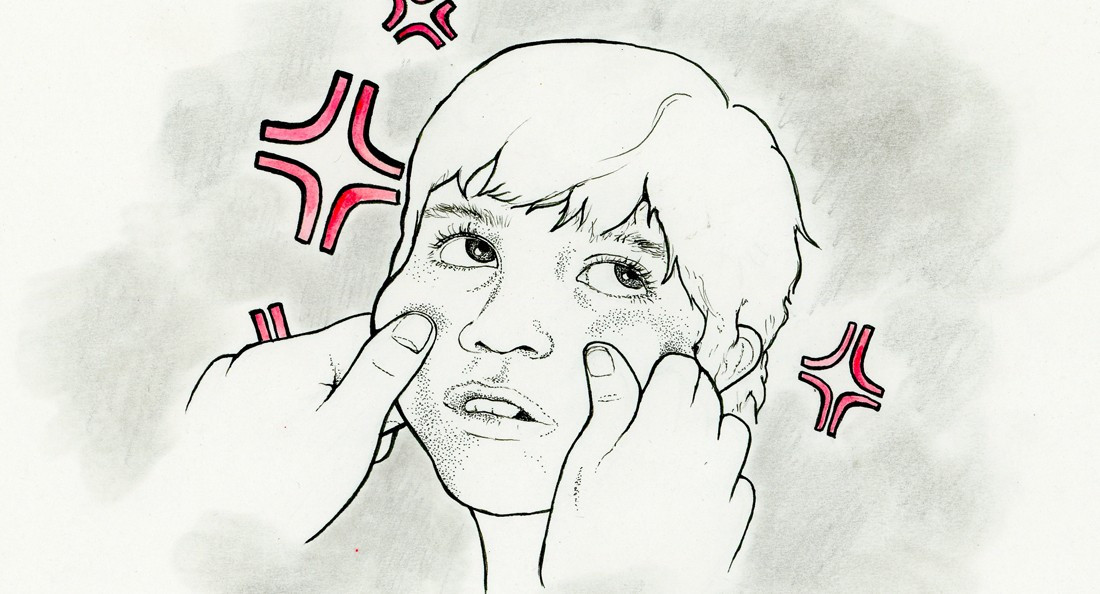‘Deeper than knives’
The toxicity of appearance-based comments
I was 12 years old when a man leaned across the cab of his red pickup truck to yell something I couldn’t quite make out. I might not be able to specify what he said, but I remember the way he slowed down in the middle of St. Mary’s Road to leer at me.
I can recall exactly what I was wearing in this moment, which was a head-to-toe ensemble from the Old Navy children’s department. I also remember how, afterward, I began second-guessing myself every time I pulled that plaid, babydoll tank top out of the closet, how cautious I became when walking the same route to the library.
I can’t tell you the first time someone close to me noticed and commented on my body, but I must have been even younger. Without fail, some relative would see my half-filled plate at Christmas dinner and proclaim that I wasn’t eating enough. Somebody would grasp my wrist, lamenting my thinness. In elementary school, classmates told me they wished they could be my size.
Even then, I knew my family and peers meant well. But regardless of their intentions, their words stayed with me, as do the seemingly harmless comments I still hear from friends and coworkers. And while I can’t always recall exactly what they say, these remarks send the same message: my body isn’t what someone wants or expects.
Although I can't know with certainty if their observations led to the body-image issues I’ve dealt with for years, there’s no denying that repeated criticism doesn’t exactly do wonders for anybody’s self-esteem.
As Canadian poet William Chapman is quoted as saying, “Words cut deeper than knives. A knife can be pulled out, words are embedded in our souls.”
In the time since that man shouted at me from the window of his truck, people have launched social initiatives around the world to combat catcalling. Just last year, a man in France was fined 300 euros and sentenced to nine months in jail for physically assaulting and making lewd comments toward a woman on a bus.
These actions are a crucial step toward equality and general safety, but they do nothing to address what can be – at least in my experience – just as mentally damaging and demoralizing. The ingrained negativity of my relatives’ words still creeps up when I step on the scale or try on a dress and don’t see the result I’m after.
I’ve spent the better part of this year dealing with health issues that drastically changed my appearance, and while I know their offhand comments are still benign, I’m tired of hearing people say how “thin” or “weak” I seem. Even the compliments that I “look great” or “better” get on my nerves.
Actually, I’m sick of how people talk about each other in general. Often, snide remarks and even compliments – especially those directed at women – tend to be based on appearance. It’s about time that changes.
If more relatives focused on everything else there is to a person besides how they look, if more friends told each other they were good listeners, hard workers and empowering souls (instead of just beautiful faces and nicely shaped asses), maybe today’s kids with thin wrists would feel a little better about themselves.
Danielle Doiron is a writer, editor and marketer based in Winnipeg. She can’t eat wheat right now, so if you have any killer gluten-free recipes, send ‘em over.
Published in Volume 74, Number 4 of The Uniter (September 26, 2019)







